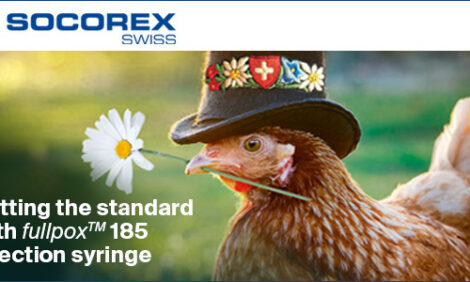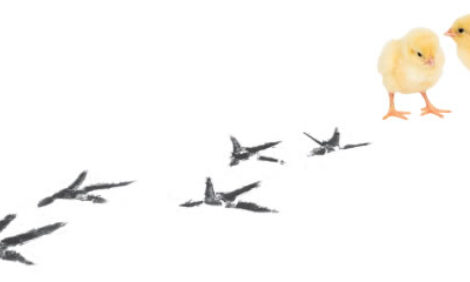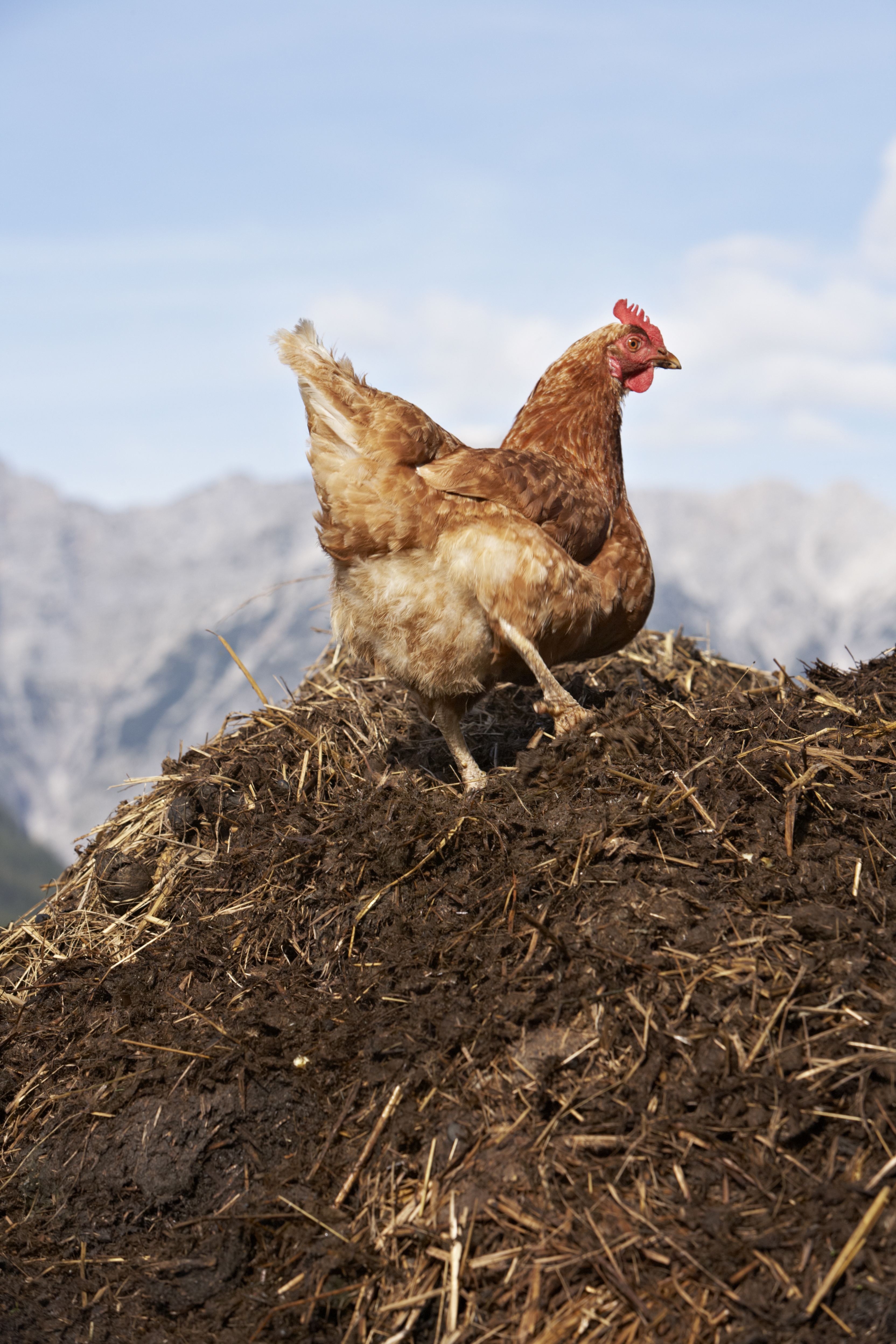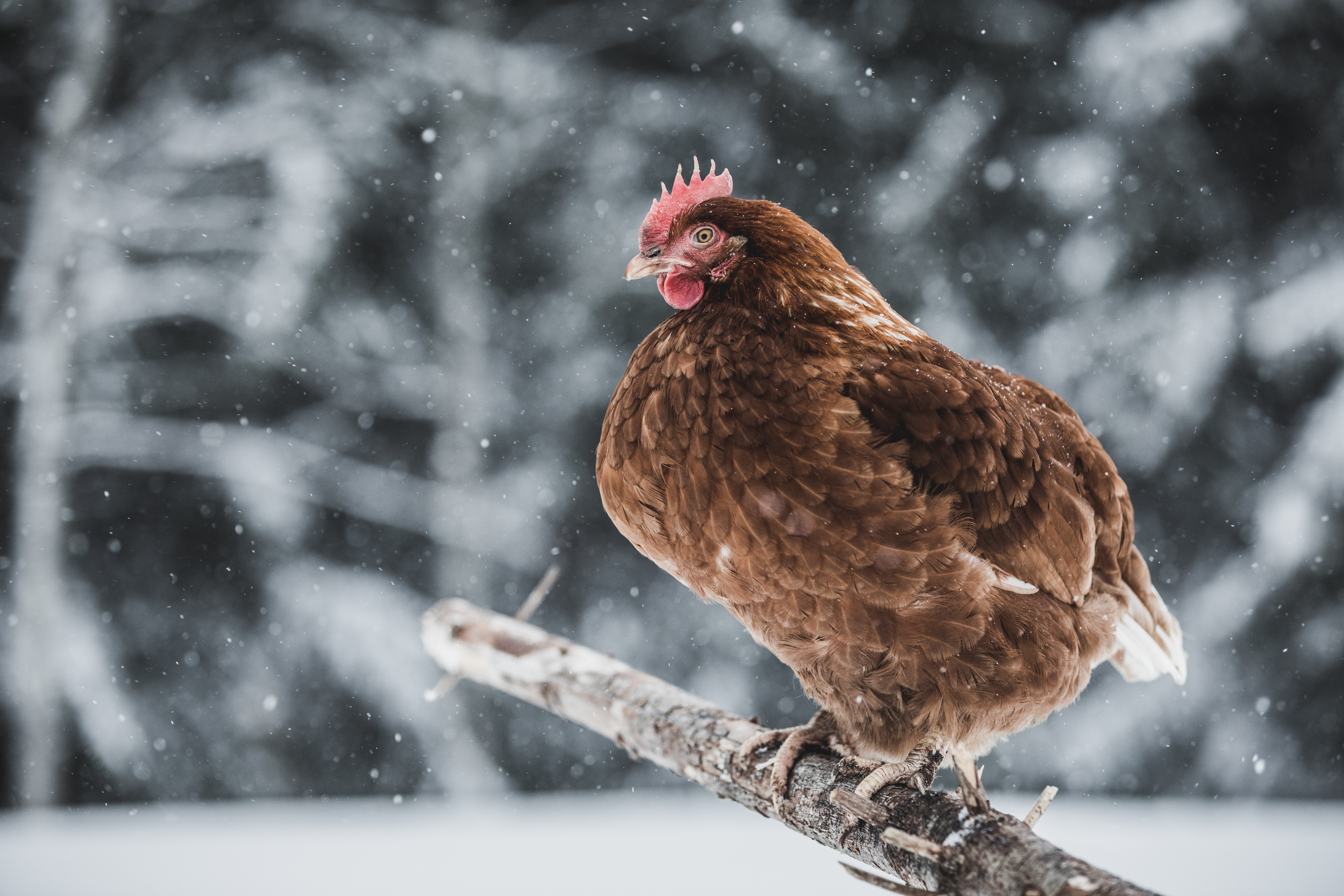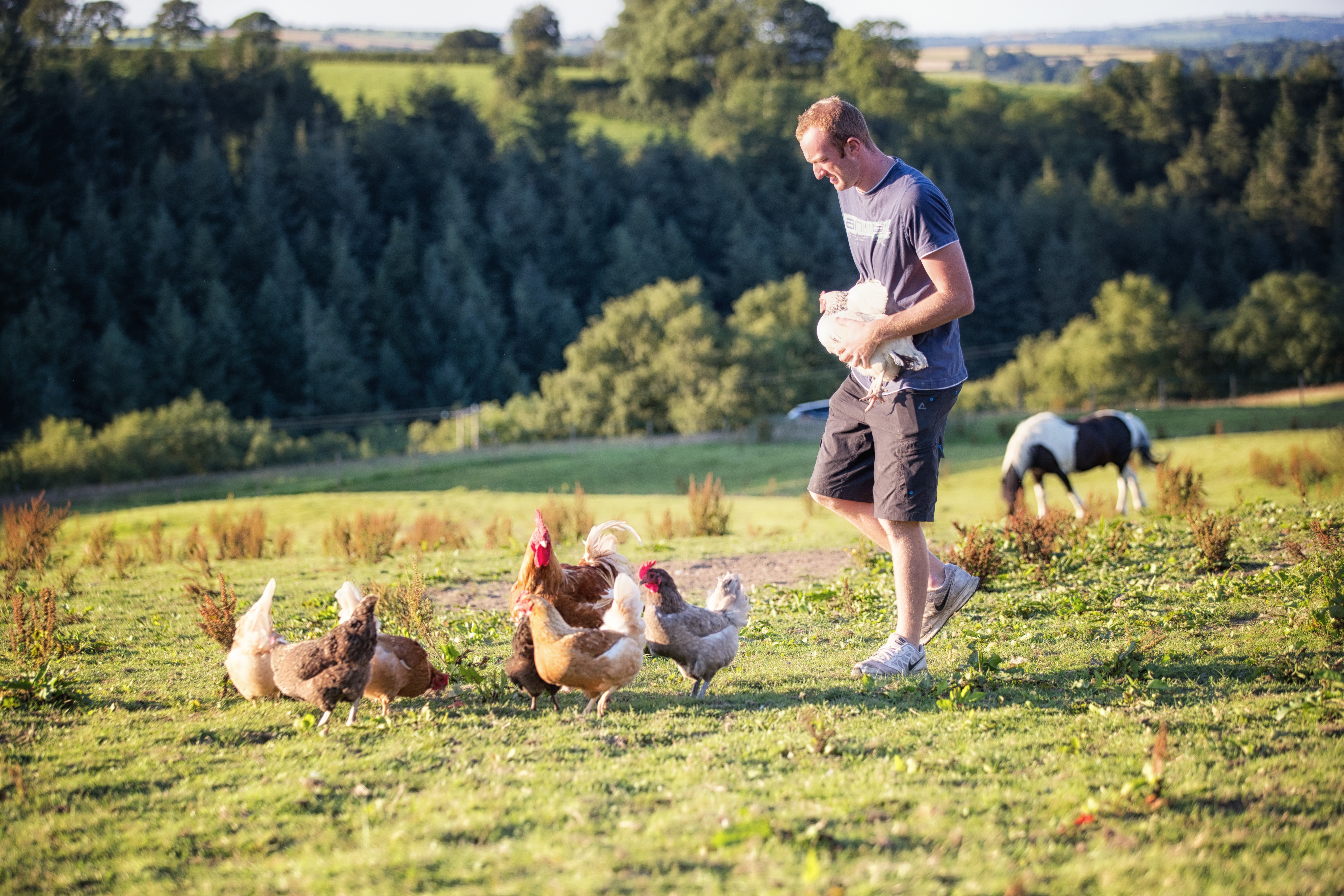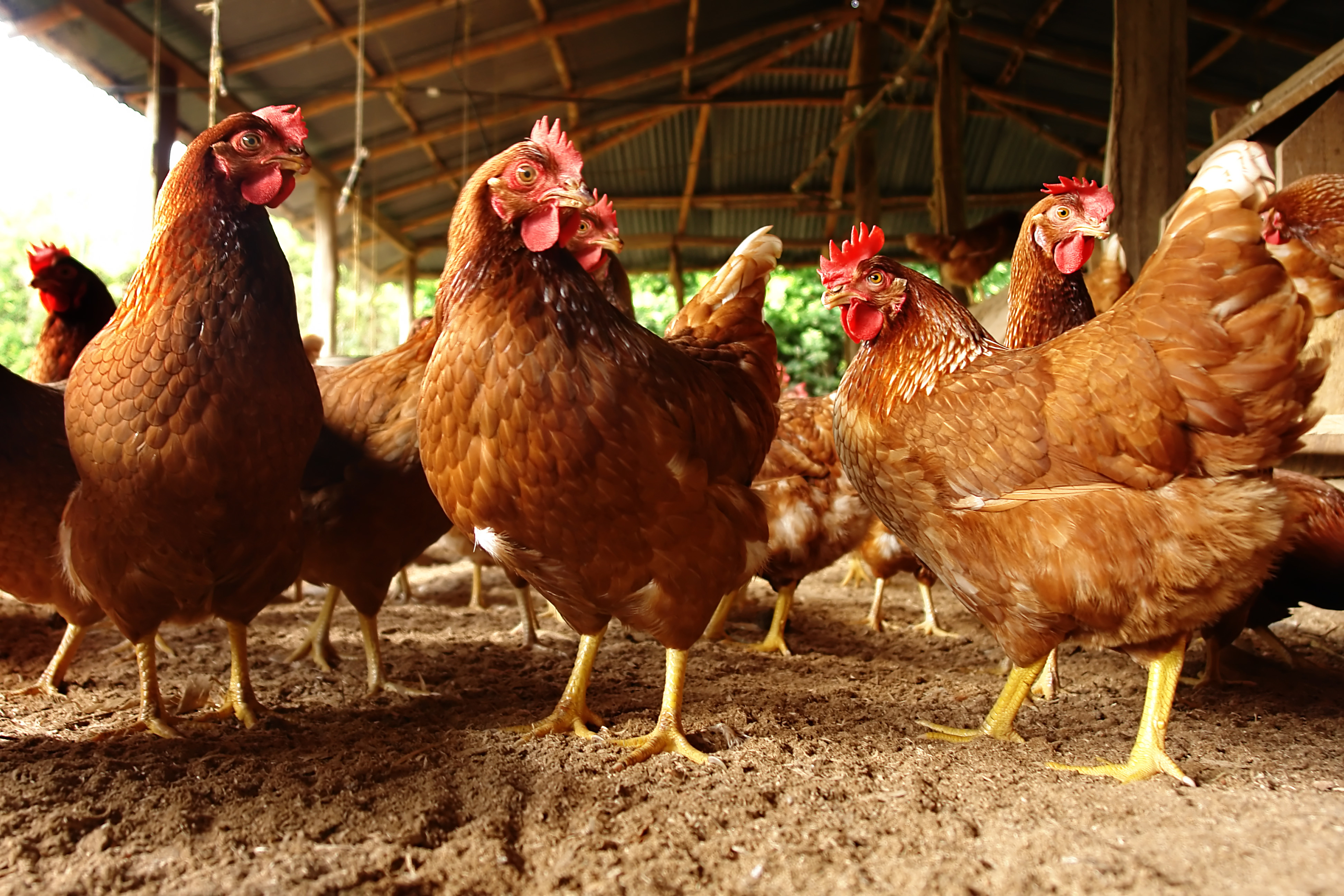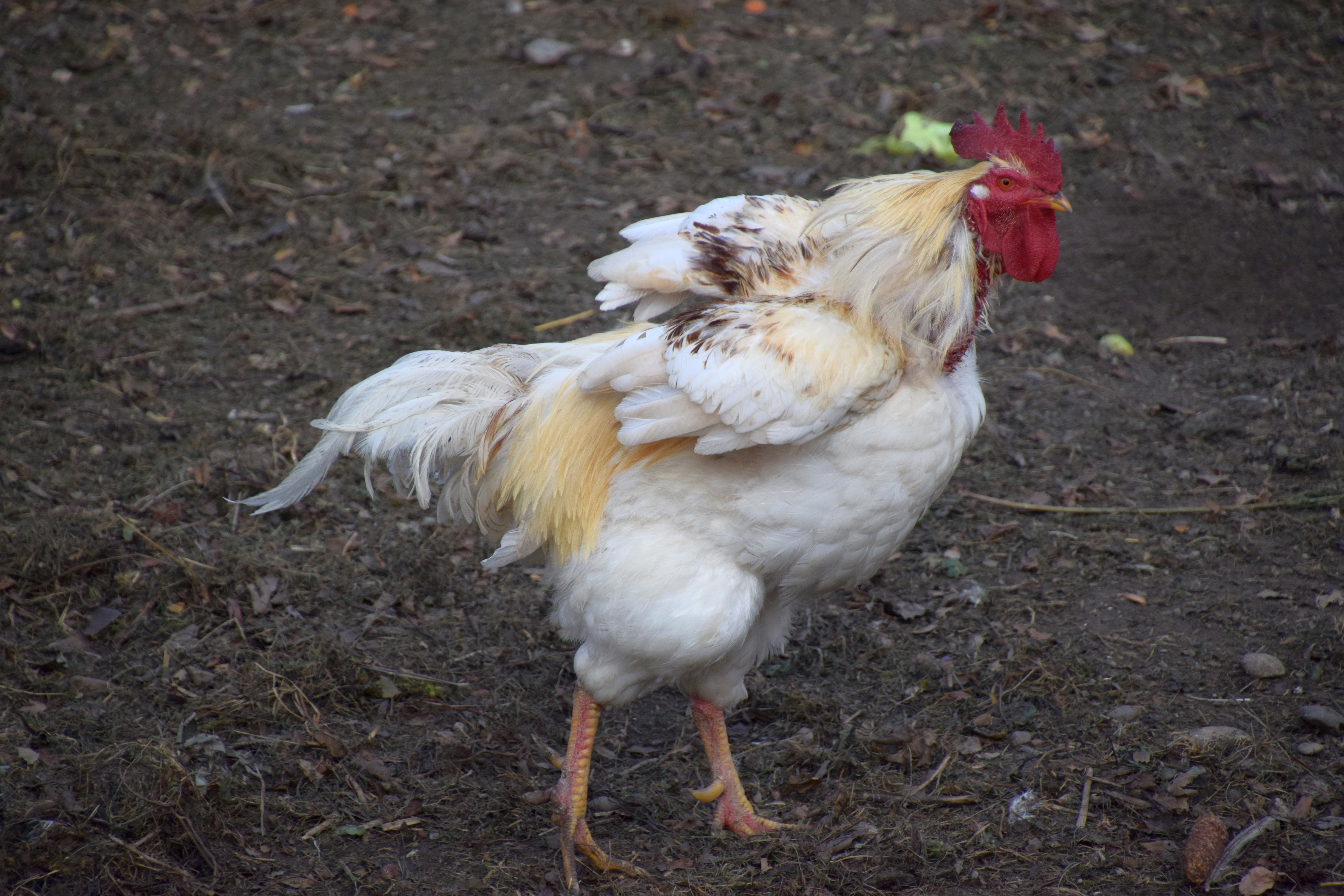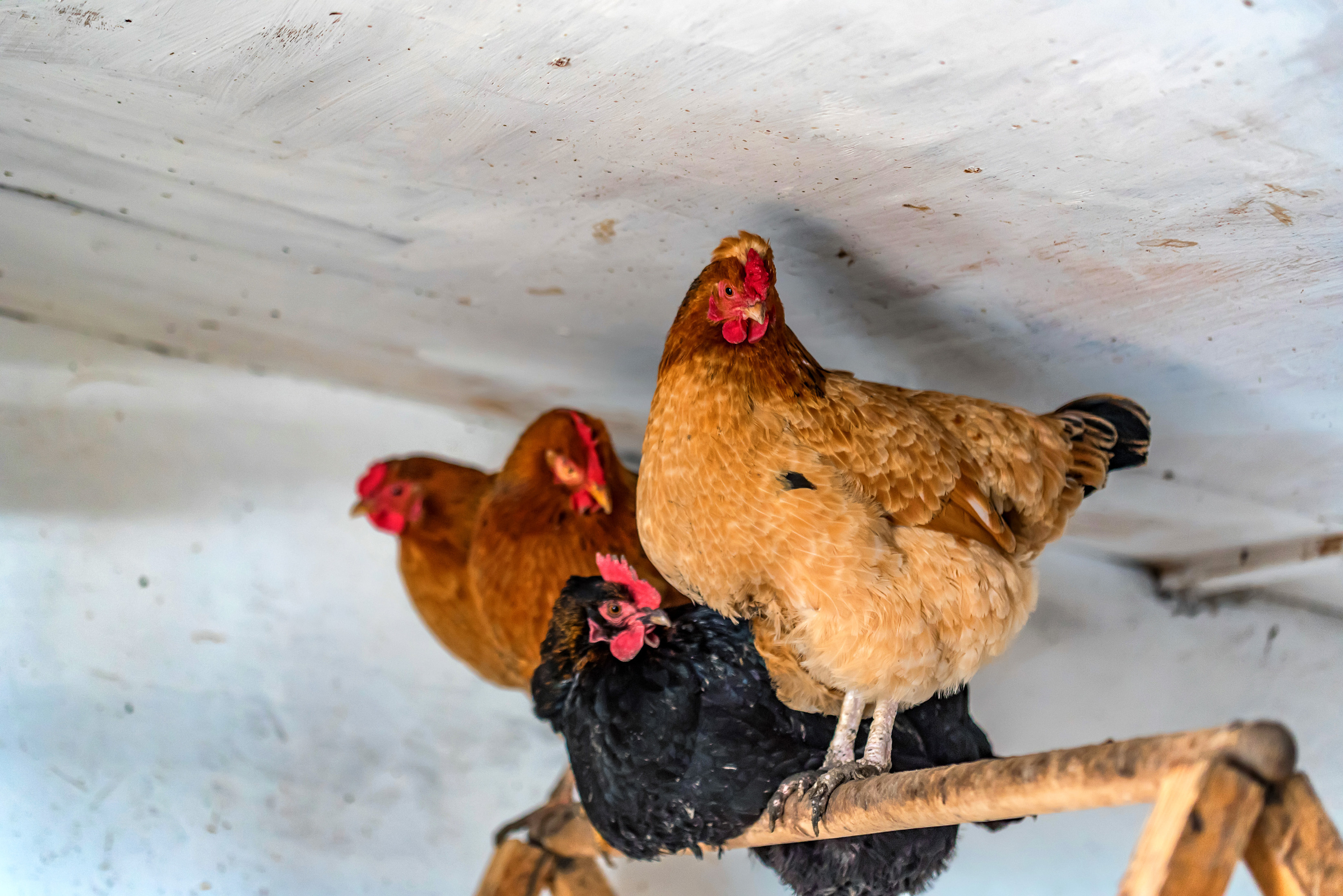



The Chicken Whisperer: virulent Newcastle disease and vaccination – what you need to know
In this podcast, Dr Rodrigo Gallardo, a poultry vet with UC Davis answers frequently asked questions about vaccinating against virulent Newcastle disease.Part of Series:
< Previous Article in Series Next Article in Series >
Does the vaccine for virulent Newcastle disease work?
According to Schneider, some poultry keepers in California are not vaccinating their birds against VND because they believe that the current vaccine is ineffective against this strain. Gallardo cautions that this information is incorrect.

Even though there are low-pathogenic and high-pathogenic versions of Newcastle disease, the virus has the same serotype and antigens. This means that vaccines for VND are designed to target the virus in all cases. In Gallardo’s view, vaccination should be viewed as a community benefit.
“The vaccine does not mask virulent Newcastle disease,” he says. Using it properly and maintaining boosters will give your flock immunity.
Gallardo recommends that poultry keepers in an outbreak zone vaccinate their birds. This will boost herd immunity and prevent VND from becoming endemic. Vaccination has other benefits as well. It reduces the transmission rate of the virus and reduces virus shedding – meaning that the disease will be easier to control.
What are the requirements for boosters?
“Vaccinating only once in the lifetime of the chicken won’t help,” Gallardo begins. “Whenever you’re trying to fight a disease like this, you need to develop a vaccine protocol. That will require the use of different vaccines and different tools.” Vaccine boosters ensure that the birds maintain antibodies to Newcastle disease – if that immunity lapses, the birds will be susceptible to infection.
For the current outbreak in Southern California, Gallardo recommended using two live-vaccines. The live vaccines can be administered through the nose, or via eye droplets. The first should be administered when the chick is between 1-15 days old. The second should be administered at four weeks. At 10 weeks, Gallardo recommended using a kill-vaccine. Kill-vaccines can be delivered subcutaneously. After this initial build-up of antibodies, backyard keepers should use a kill-vaccine every six months.
Gallardo doesn’t recommend vaccinating backyard flocks unless they’re in an outbreak zone. For most backyard flocks, biosecurity should be enough to keep the virus at bay.
How can I make sure I’m administering the vaccine correctly?
Both Schneider and Gallardo understand that delivering vaccines correctly can be challenging. There is more to a successful vaccine protocol than keeping track of expiration dates. Gallardo directed poultry keepers to online tutorials and had some tips from his own experience.
- Reconstituted vaccines only last for an hour after the reagents have been mixed together – don’t store it in the refrigerator to use later
- Keep reconstituted vaccines on ice when they’re live. The heat from your hands is enough to kill it off
- Kill-vaccines need to be stored at room-temperature and remember that they cannot be stored long-term
- If live vaccines have been delivered correctly, a dye will show up on the chicken’s tongue
- Use non-chlorinated water when you deliver medication through the water font
- Use bottled or mineral water if you have to reconstitute vaccines (vaccines are sensitive to chlorine)
“Vaccines don’t make up for poor management or biosecurity,” Gallardo cautions. Case studies have demonstrated that farm sites with poor biosecurity had higher numbers of infected birds.
Does the Newcastle disease vaccine work on ducks and exotic birds?
Technically yes, but there are caveats. Gallardo’s recommendations are focusing on the bird population in Southern California. In this case, if there is a mixed population of birds, Gallardo recommends that they all be vaccinated. However, for poultry keepers who weren’t in Southern California, this course of action isn’t necessary and he doesn’t recommend vaccination.
How can I maintain good biosecurity?
Gallardo recommends having specially designated shoes and clothes to wear in the poultry house. These clothing items shouldn’t be worn outside that environment (Newcastle disease can be spread through infected faeces). Since VND can be transmitted mechanically (from one animal to another), he suggests limiting your chickens’ exposure to wild birds and avoid moving them to different locations. He also recommends adopting a rodent-control strategy.
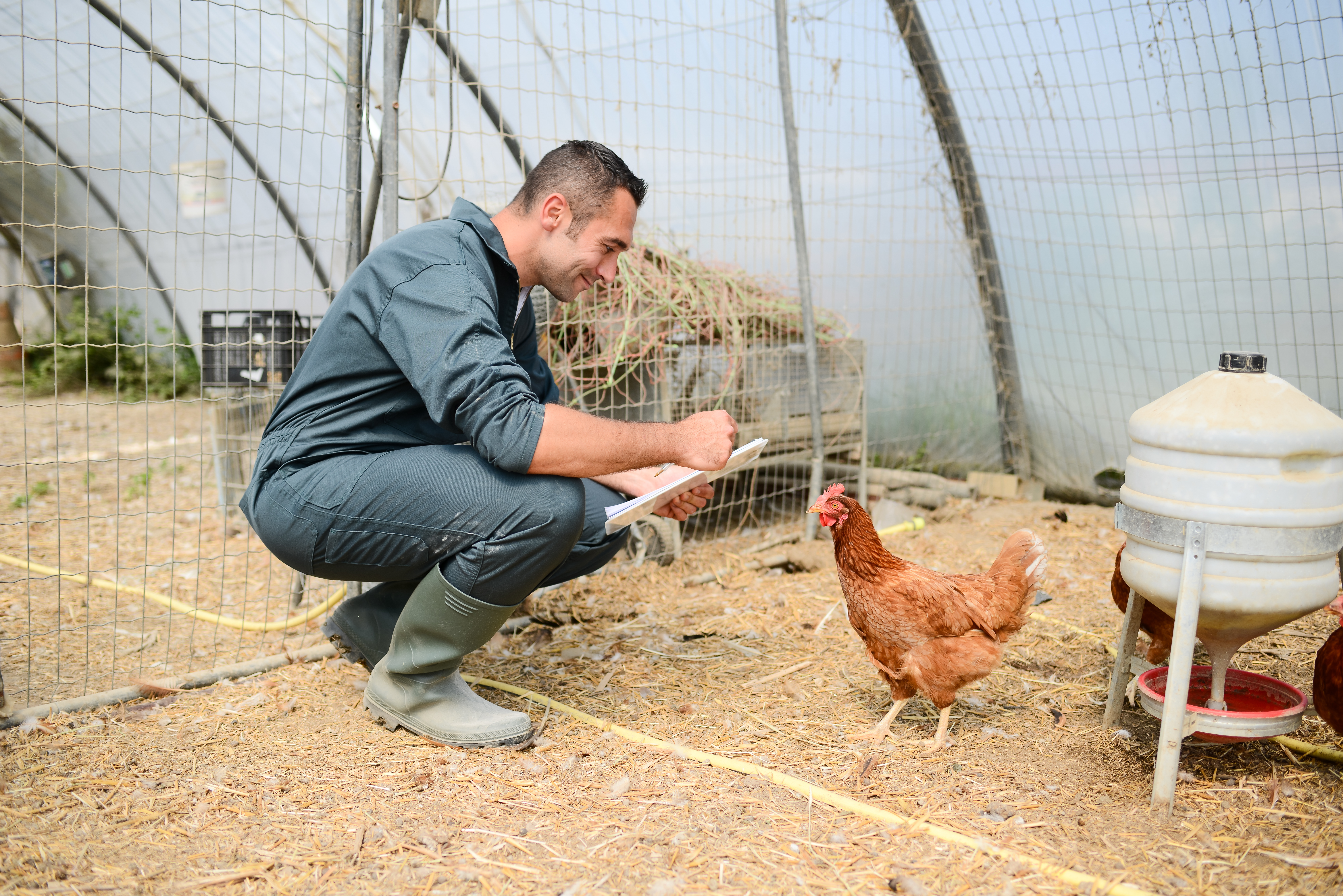
How can we prevent future outbreaks?
Since virulent Newcastle disease is not endemic to the United States, Gallardo and Schneider believe educating poultry keepers about the disease and biosecurity measures they can take are the best methods for preventing future outbreaks. There isn’t the need to vaccinate prophylactically.
However, the outbreak in Southern California presents a very difficult case. Since it’s a high-risk area, vaccination will help build herd immunity and prevent the disease from becoming endemic. In this case, Gallardo wants to devote resources to outreach and education for poultry keepers. Maintaining biosecurity and having good farm management strategies will do more to prevent the disease than vaccination alone.
Where can I find accurate information on VND?
The UC Davis poultry website is a good resource for backyard keepers. It has information on biosecurity, management strategies and nutrition advice for poultry farms. It also lists contact information for the faculty in case you need to get in touch with an expert. UC Davis’ School of Veterinary Medicine also has a Facebook page and Twitter account that provides content in English, Spanish and Tagalog. Gallardo and Schneider recommend using the APHIS website as a resource. That page focuses on disease prevention and identification.








